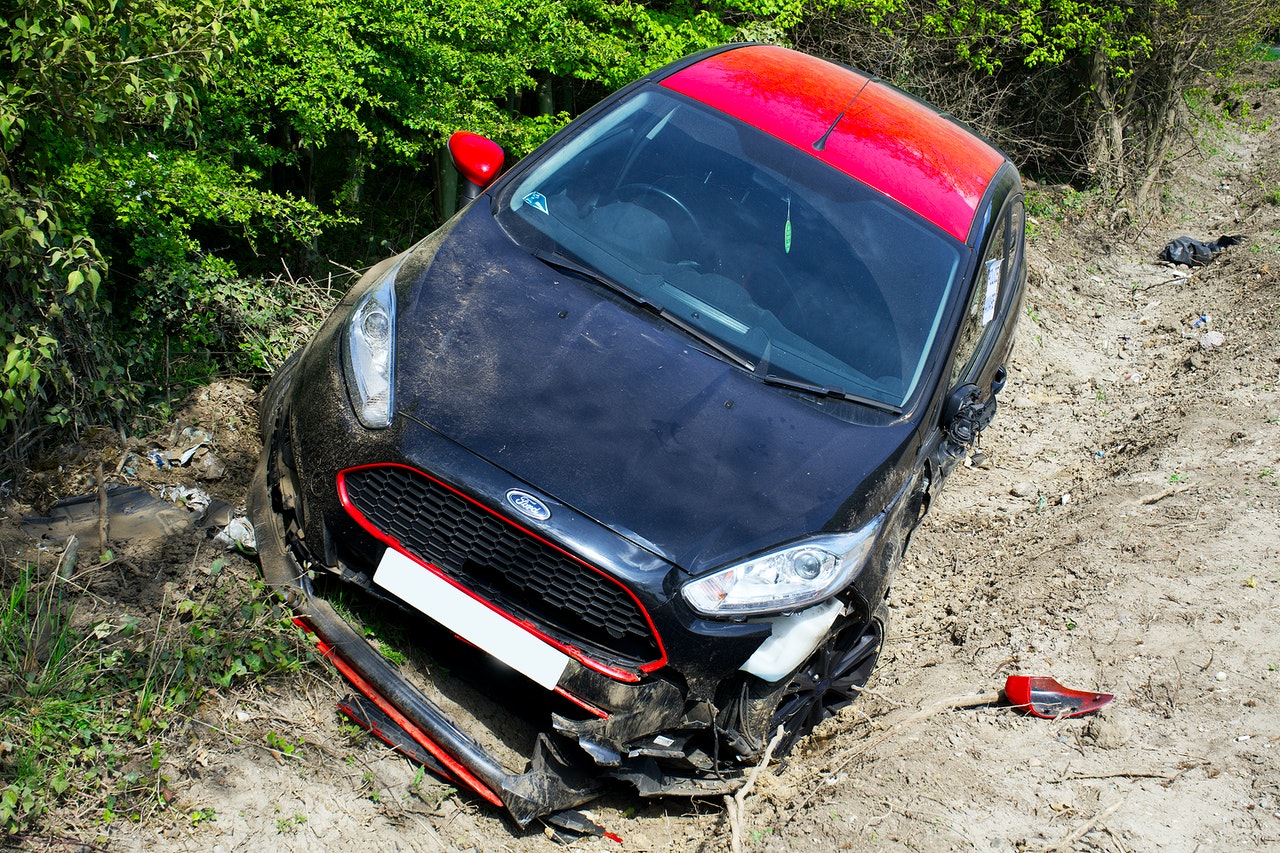Avoiding an Insurance Increase Through Accident Forgiveness
July 30, 2022Car Insurance Premiums
August 2, 20225 Steps to Take After a Car Accident
You may feel disoriented and worried after a car accident, so plan ahead of time.
You may be required to report a car accident to law enforcement or another department depending on your state. You are usually required to report any injuries or deaths. Other requirements for reporting an accident vary according to the amount of property damage.
Click on your state to learn how long you have to report an accident and the reporting requirements based on the amount of property damage.

•Find out if you need to report an accident using our interactive map.
•Attempt to chronicle the scene by gathering images and facts.
•If you have a claim, notify your insurance carrier right away.
What To Do Following A Car Accident
1.If possible, Pull Over To The Side Of The Road.
It is critical to move out of the way to avoid further car damage or injury.
2.Examine For Injuries
Inquire whether your passengers or others involved have been injured. If anyone is injured, dial 911 immediately. Even if there are no injuries, it's a good idea to call so that you can get a police report of the accident later, though not all police departments will respond to accidents with no injuries.
3.Watch What You Say.
Don't point fingers or claim responsibility. If it is unclear who caused the accident, the police and/or insurance company will determine responsibility later.
4.Take Notes On The Scenario.
Take a few snapshots of your automobile, the other cars involved, and the situation. It's also a good idea to take images of the license plates of the other vehicles – and taking photos is easier than writing down license plate numbers. Obtain the other drivers' insurance information and be prepared to provide your own. Obtain the contact information of any eyewitnesses. Obtain the officer's name and badge number if the police respond.
5.Get In Touch With Your Insurance Carrier.
Once you've returned home, your auto insurance provider can assist you in beginning the claims procedure and determining what insurance you have that applies. Call the claims hotline for your insurer, which is usually mentioned on your insurance ID card. Many insurers also provide the option of filing a claim online or via their mobile apps.
•Move your car to the side of the road if possible
•Check for injuries
•Be careful what you say
•Document the situation
•Contact your insurance company
If the accident was caused by someone else, you may be able to file a claim against their liability vehicle insurance.
It is important to note that you may be compelled to notify your insurance carrier about the accident. Your motor insurance policy most certainly includes a part that specifies your responsibilities following an accident, such as
•Provide Immediate Notice After An Accident. Notify your auto insurance carrier about the date, location, and circumstances of the accident, as well as the names of the persons involved and any injuries or witnesses.
•Work With Your Insurance Provider. The collision may necessitate an investigation by your insurance carrier. Your insurance may require you to: furnish paperwork, such as legal papers you receive; submit to a physical examination by a doctor chosen by the insurer; allow your insurer to access medical reports and other information, and be questioned under oath.
•Report All Hit-And-Runs. If you were in a hit-and-run accident and want to submit a claim under your underinsured motorist's policy, you should call the police as soon as possible.
•Prevent Further Damage To Your Vehicle. If your automobile is damaged in an accident, it's advisable to take preventative measures, such as transferring the vehicle to a safe spot.
